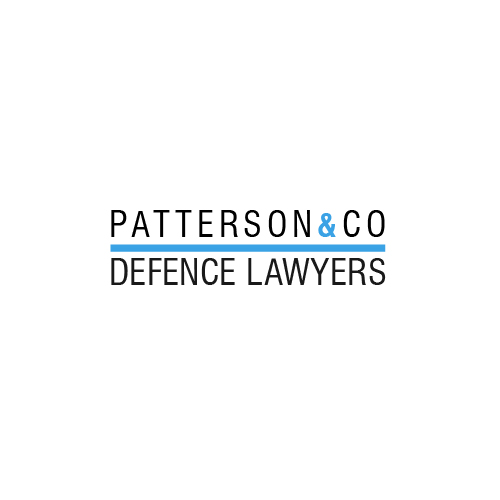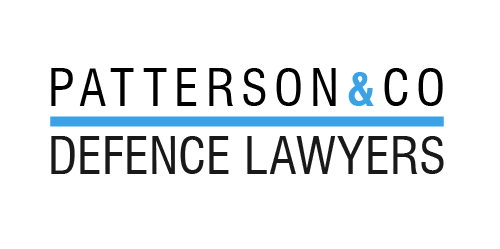Assault Charges in Scotland: Understanding the Legal Framework
Assault charges in Scotland are prosecuted rigorously, with legal definitions and penalties reflecting the seriousness of these offenses. Understanding the different degrees of assault, potential defenses, and the consequences of a conviction is crucial for anyone involved in such cases. This article provides an overview of the legal framework surrounding assault charges in Scotland, offering insights into legal definitions, potential outcomes, and defense strategies.
Legal Definition of Assault
In Scotland, assault is defined as an intentional act that causes harm or the fear of harm to another person. Importantly, physical contact is not required; the intention to cause fear or harm is sufficient to constitute assault.
Degrees of Assault Charges
Assault charges in Scotland can vary significantly based on the severity of the offense and the circumstances surrounding it. The primary classifications include:
- Common Assault: Involves minor physical harm or the threat of harm. Penalties can include fines, community service, or imprisonment.
- Aggravated Assault: Involves additional factors such as the use of a weapon, causing serious injury, or targeting a vulnerable person. Penalties for aggravated assault are more severe and can include longer prison sentences.
- Serious Assault: Involves causing significant injury to the victim. Convictions can result in substantial prison terms and significant fines.
Potential Defenses Against Assault Charges
Several defenses can be employed in assault cases, depending on the specifics of the incident. Common defenses include:
- Self-Defense: Claiming that the assault was justified because it was necessary to protect oneself from imminent harm.
- Defense of Others: Similar to self-defense, this involves protecting another person from immediate danger.
- Lack of Intent: Arguing that there was no intention to cause harm or fear of harm, which is a crucial element in proving assault.
- Consent: In some cases, it can be argued that the alleged victim consented to the actions that led to the charges, although this is a complex and often contentious defense.
Consequences of Assault Convictions
Convictions for assault can have far-reaching consequences, impacting various aspects of a person’s life:
- Criminal Record: An assault conviction results in a criminal record, which can affect employment opportunities, travel, and social standing.
- Imprisonment: Depending on the severity of the assault, imprisonment can range from a few months for common assault to several years for serious assault.
- Fines and Compensation: Convictions can also result in significant fines and orders to pay compensation to the victim.
The Importance of Legal Representation
Facing an assault charge can be daunting, and having skilled legal representation is crucial. Experienced defense lawyers can help navigate the complexities of the legal system, build a robust defense, and work towards the best possible outcome for the accused.
Conclusion
Assault charges in Scotland encompass a wide range of offenses, each with its own legal implications and potential defenses. Understanding the nuances of these charges and the legal framework surrounding them is essential for anyone involved in such cases.
For expert legal advice and representation in assault cases, Patterson & Co. offers comprehensive legal services tailored to your needs. Contact us at 01463 418 277 to discuss your case and learn how we can assist you in navigating the complexities of assault charges in Scotland.


